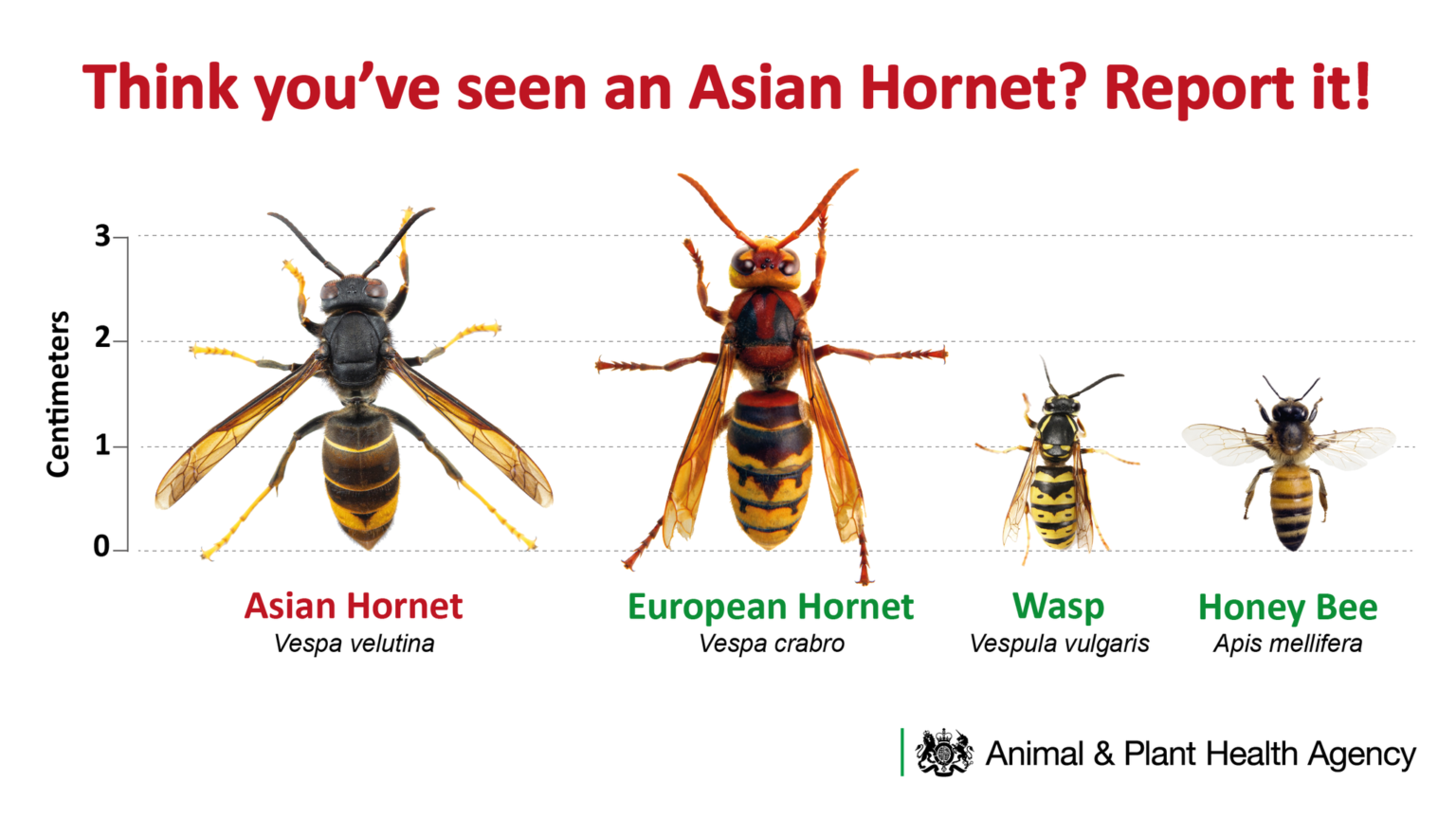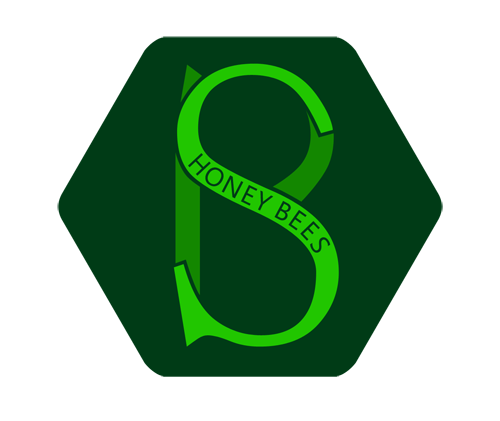We use cookies to make your experience better. To comply with the new e-Privacy directive, we need to ask for your consent to set the cookies. Learn more.
Introduction: The serene realm of beekeeping in the United Kingdom is facing an alarming challenge from an unwelcome intruder - the Asian hornet (Vespa velutina). Originating in Southeast Asia, this invasive species has established itself in various regions of the UK, causing concern among beekeepers. In this blog post, we will explore the impact of Asian hornets on beekeeping and bee farming in the UK and stress the importance of vigilance and reporting.
The Invasion of Asian Hornets: The Asian hornet represents a formidable threat to honeybees. Unlike their European counterparts, these hornets display heightened aggression and possess a ravenous appetite for foraging bees. Upon discovering a beehive, they can swiftly decimate an entire colony within hours. Their presence poses a significant risk to the already fragile honeybee population in the UK.
Threats to Beekeeping: Beekeeping and bee farming hold a crucial role in the UK's ecosystem and economy. These activities are pivotal for pollinating crops, which directly influence our food supply. With the intrusion of Asian hornets, beekeepers confront unprecedented challenges. Not only must they shield their colonies from this invasive predator, but they also need to secure the safety of their hives and the essential honeybee populations.
Identifying the Asian Hornet: A fundamental aspect of combatting this threat is early detection. The Asian hornet possesses distinctive characteristics that set it apart from other hornet species. Beekeepers and the general public can assist by remaining vigilant for the following distinguishing features:

- Size: Asian hornets are smaller than European hornets in size, with queens measuring up to 30mm in length.
- Colour: They exhibit a dark brown or black thorax, with an almost entirely dark abdomen and a notably bright yellow-orange face.
- Legs: Their legs are completely yellow in colour.
- Flight Pattern: Asian hornets are swift fliers, often hovering around hives or foraging areas.
- Nests: They construct large, paper-like nests in trees, bushes, or buildings.
Taking Action - Reporting Sightings: To mitigate the impact of Asian hornets on beekeeping, it is imperative to report any sightings promptly. The Animal and Plant Health Agency (APHA) has developed the Asian Hornet Watch app, enabling users to report sightings and contribute valuable data for monitoring and controlling this invasive species.
Conclusion: The incursion of Asian hornets in the UK serves as a call to action for beekeepers, farmers, and the general public. Safeguarding our honeybee populations is not merely an environmental concern but a matter of food security. By maintaining vigilance, recognising Asian hornets, and utilising the Asian Hornet Watch app to report sightings, we can collectively protect the future of beekeeping in the UK and ensure the continued pollination of our crops. Together, we can combat this buzzing threat and preserve the invaluable contributions of our honeybees.

